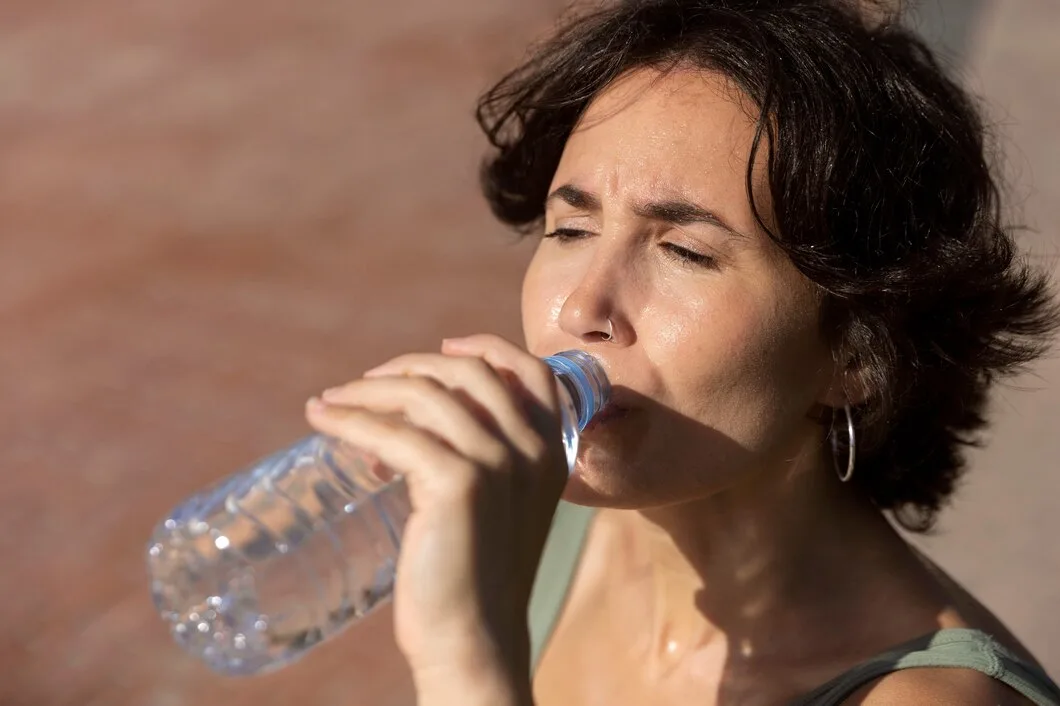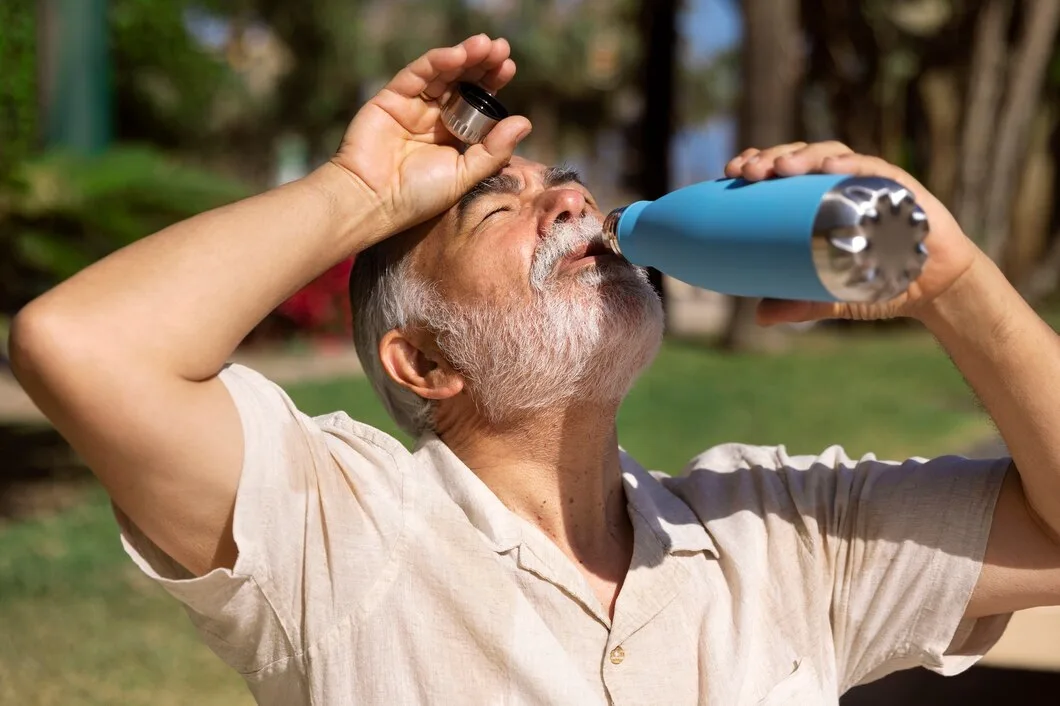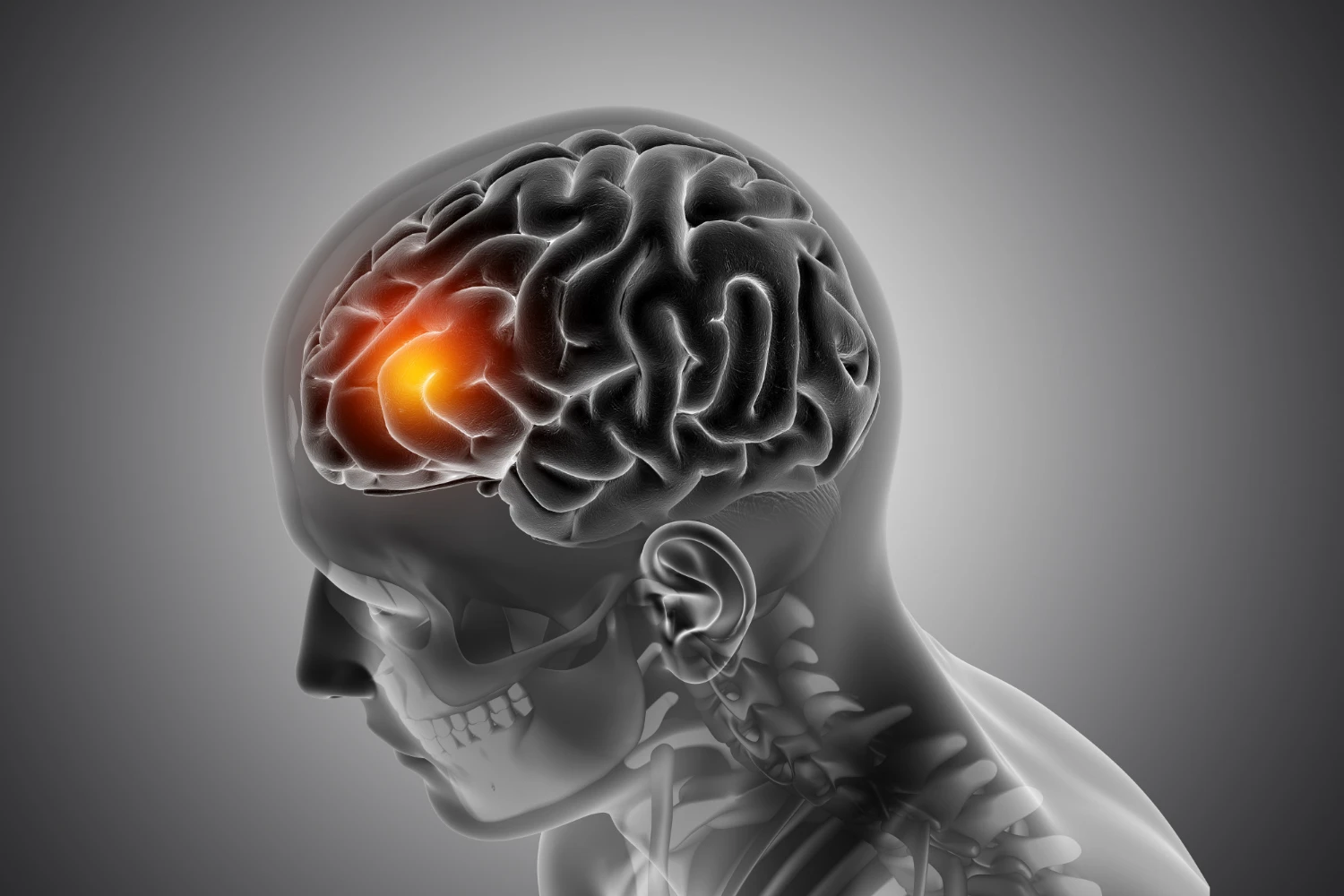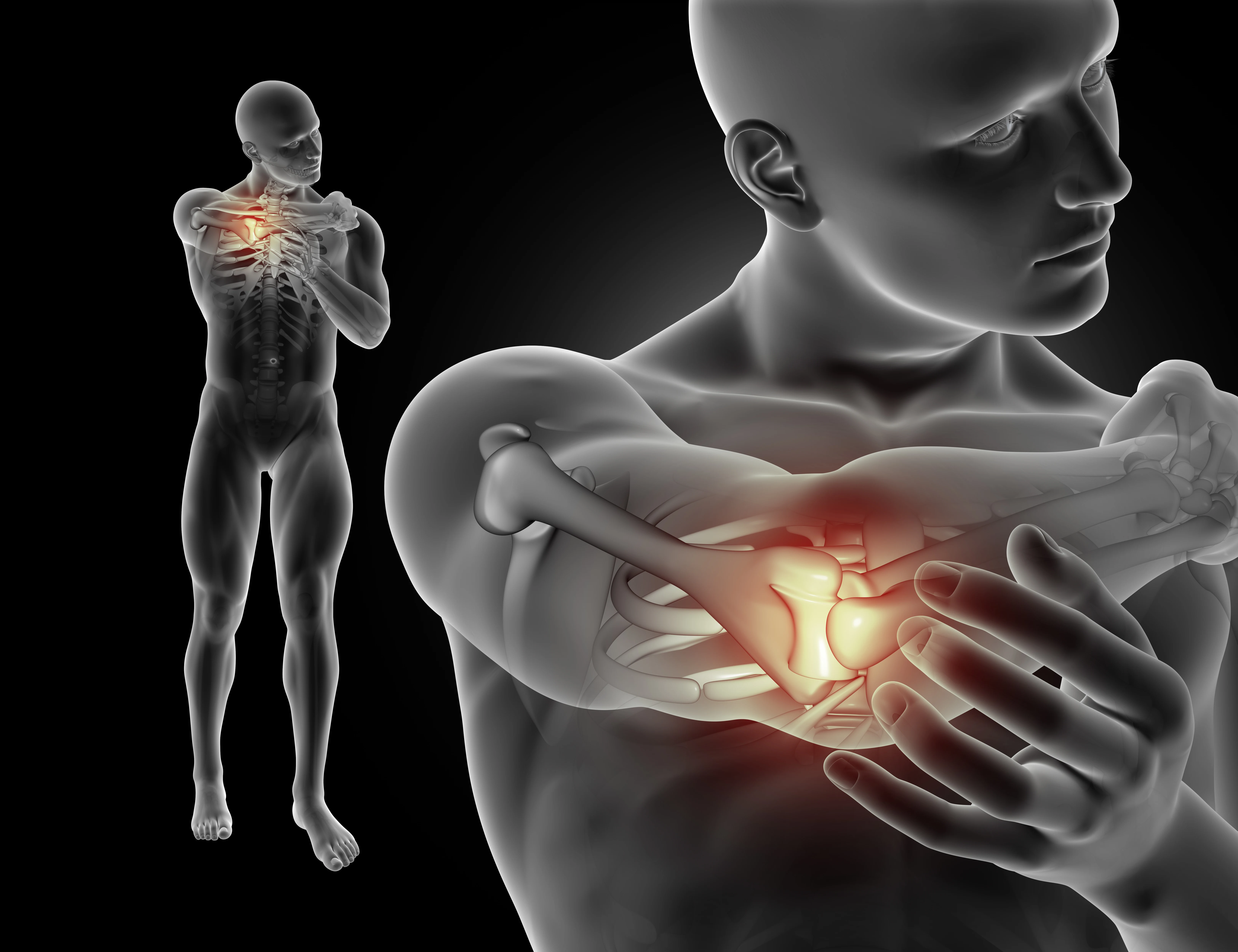Understanding Dehydration: Causes, Mechanisms, And Why It Happens
Category: Blogs
Water is the essence of life, yet we often take hydration for granted - until our bodies remind us otherwise. Dehydration, a condition that occurs when the body loses more fluids than it takes in, can range from mild discomfort to a serious medical emergency. But what exactly causes dehydration, how does it affect the body, and why does it happen? Let’s dive deep into the science behind dehydration and its impact on health.
The Science Behind Hydration
Our bodies are composed of approximately 60% water, which plays a crucial role in nearly every physiological process. From regulating temperature and aiding digestion to transporting nutrients and flushing out toxins, water is indispensable.
Dehydration occurs when fluid loss exceeds fluid intake, disrupting these vital functions. Even a 2% drop in body water levels can significantly impair physical and cognitive performance.
Causes of Dehydration
1. Inadequate Water Intake
One of the most common causes of dehydration is simply not drinking enough water. This can happen due to:
- A busy lifestyle that leads to skipping hydration
- Not feeling thirsty (especially in older adults)
- weather conditions where thirst signals may not be strong
2. Excessive Sweating
Sweating is the body’s natural cooling mechanism, but excessive sweating due to the following points can lead to rapid fluid loss and dehydration if not replenished:
- High temperatures
- Intense physical activity
- Fever
- Hot and humid climates
3. Diarrhea and Vomiting
Gastrointestinal infections, food poisoning, and other digestive issues can result in severe fluid loss in a short period. Chronic diarrhea, in particular, can lead to dehydration and electrolyte imbalances, which are dangerous if untreated.
4. Increased Urination
Certain conditions and medications cause excessive urination, such as:
- Diabetes (undiagnosed or poorly managed)
- Diuretics (medications that remove excess fluid from the body)
- Alcohol and caffeine consumption
5. Burns and Skin Injuries
Severe burns and skin conditions cause fluid loss through damaged skin. Patients with large burns or conditions like psoriasis may require medical hydration therapy.
How Dehydration Affects the Body
Early Signs and Symptoms
Dehydration doesn’t happen overnight. The body gives warning signs such as:
- Dry mouth and excessive thirst
- Dark yellow urine and decreased urination
- Fatigue and dizziness
- Dry skin and headaches
Severe Symptoms
In extreme cases, dehydration can lead to:
- Rapid heartbeat and breathing
- Confusion or irritability
- Low blood pressure and fainting
- Heatstroke or shock in extreme heat conditions
Why Does Dehydration Happen?
The body constantly loses water through breathing, sweating, urination, and digestion. If this lost fluid is not replaced, dehydration occurs. However, certain groups are at higher risk:
- Infants and young children – Their bodies have higher water requirements but lower reserves.
- Elderly individuals – The natural thirst mechanism weakens with age.
- Athletes – High-intensity workouts cause heavy sweating and electrolyte loss.
- People with chronic illnesses – Conditions like diabetes or kidney disease increase fluid loss.
Prevention and Treatment
How to Prevent Dehydration
- Drink plenty of water throughout the day (8-10 glasses recommended)
- Consume electrolyte-rich beverages in cases of heavy sweating
- Eat water-rich foods (fruits, vegetables, soups)
- Don't wait for thirst - stay proactive about hydration
- Avoid excessive heat exposure and take breaks in shaded areas
What to Do if You’re Dehydrated?
Mild dehydration: Drink water, oral rehydration solutions (ORS), or diluted fruit juices
Moderate dehydration: Increase fluid intake and include electrolytes
Severe dehydration: Seek immediate medical attention - IV fluids may be necessary
Conclusion
Dehydration is more than just feeling thirsty - it’s a condition that can seriously impact your well-being. Whether caused by inadequate intake, excessive fluid loss, or medical conditions, dehydration requires immediate attention. By staying mindful of your body’s needs and maintaining proper hydration, you can prevent complications and keep your health in top shape.
If you or a loved one experience severe dehydration, seek medical help immediately. Visit Lokmanya Hospitals for expert care and treatment.
FAQs
1. How much water should I drink daily to prevent dehydration?
The general recommendation is 8-10 glasses (2-3 liters) of water per day, but needs vary based on age, activity level, and climate. Listen to your body's signals and adjust accordingly.
2. Can I get dehydrated even if I don’t feel thirsty?
Yes, especially in older adults, as the thirst mechanism weakens with age. It's best to drink water regularly throughout the day rather than waiting until you feel thirsty.
3. Are sports drinks better than water for hydration?
For mild dehydration, water is sufficient. However, during intense physical activity or excessive sweating, electrolyte-rich drinks can help replenish lost minerals like sodium and potassium.
4. What are the fastest ways to rehydrate?
Drinking water, oral rehydration solutions (ORS), or diluted fruit juices helps mild dehydration. In severe cases, IV fluids administered by medical professionals are necessary.
5. Can dehydration cause long-term health problems?
Chronic dehydration can contribute to kidney stones, urinary tract infections (UTIs), and kidney disease. Staying hydrated is essential for overall health and proper organ function.







